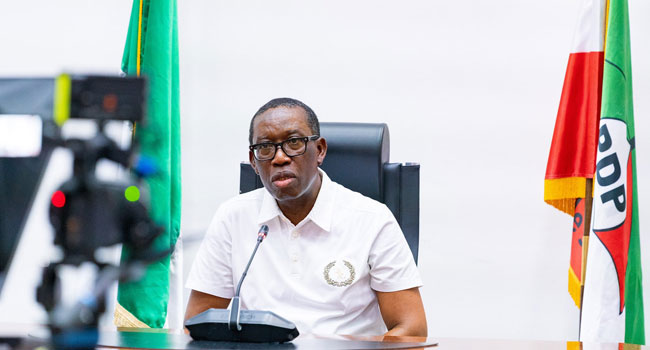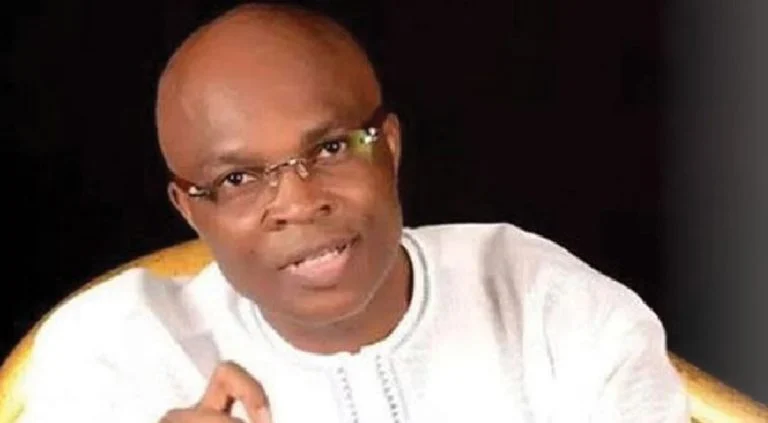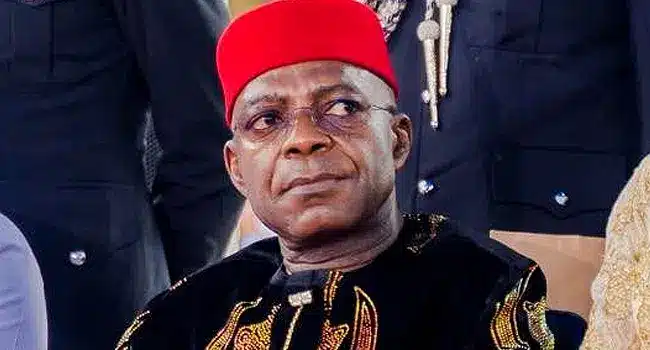PDP Blasts EFCC Over Arrest of Okowa, Describes It as Political Persecution
The Peoples Democratic Party (PDP) has come out strongly against the Economic and Financial Crimes Commission (EFCC) for arresting former Governor of Delta State, Ifeanyi Okowa. According to reports, Okowa was taken into custody over allegations of misappropriating ₦1.3 trillion, which represents the proceeds from 13 percent derivation funds allocated to the state during his administration.
Okowa, who was the PDP’s vice-presidential candidate in the 2023 general elections, had visited the EFCC office in Port Harcourt earlier. However, he was detained immediately.
In a press conference held in Abuja on Tuesday, PDP’s Deputy National Youth Leader, Timothy Osadolor, condemned the arrest and detention of Okowa, describing it as a wrong step by the anti-graft agency.
Osadolor argued that the Delta State government had not complained about missing funds under Okowa’s administration. He characterized the detention as a form of political persecution and an attempt to suppress opposition voices, which he believes is detrimental to the principles of democracy.
The PDP leader pointed out that Okowa had been operating freely until the PDP’s presidential candidate, Atiku Abubakar, began to voice criticisms of government policies. He questioned why Okowa was arrested and detained despite not evading arrest and having a reputation as a global figure.
Osadolor also criticized the EFCC for playing the role of both litigant and prosecution, and for taking its investigation to the media. He warned that this development is dangerous and called for the release of Okowa, an end to media trials and embarrassment of opposition leaders, and an overhaul of the EFCC Act to ensure the agency’s independence.
The PDP leader further alleged that the arrest of Okowa is part of a larger plan to target opposition leaders in the country, and advised the EFCC to remain a neutral and independent body that investigates financial crimes without political sentiments.



